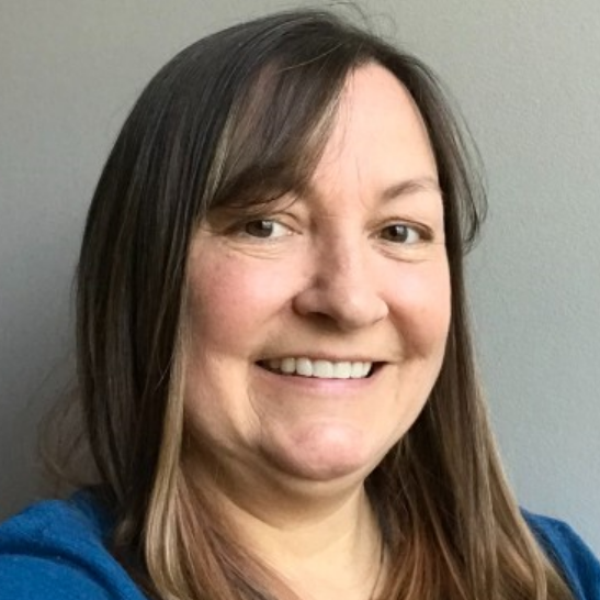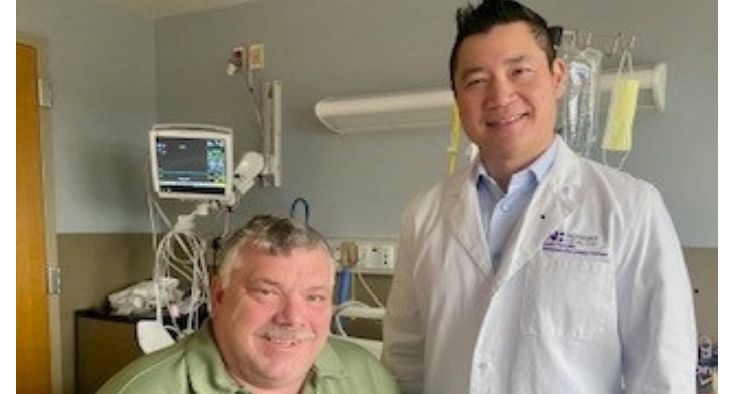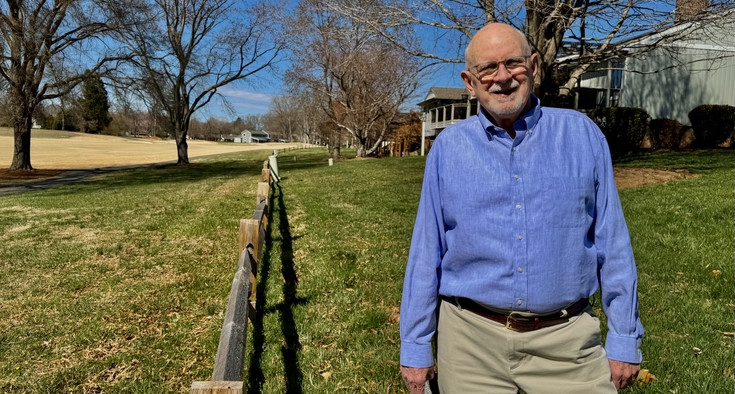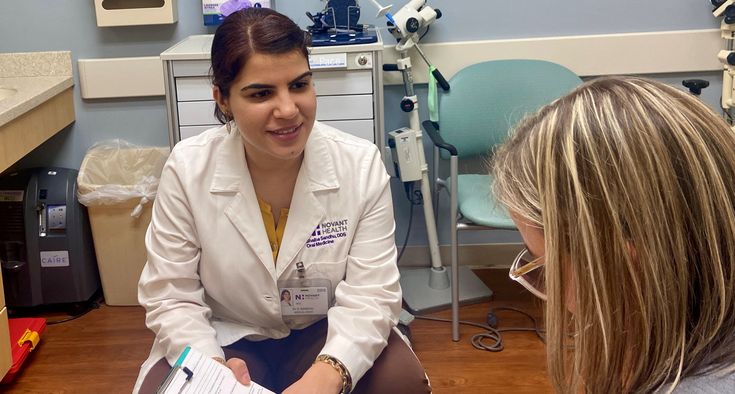James Caviness is a quiet, burly man who grew up on a farm and has spent his adult life in construction. He knows the aches and pains that come with physical labor.
But in the summer of 2024 he developed back pain that wouldn’t go away. Over-the-counter medications weren’t beating it back. He tried chiropractic care for a while, but that didn’t help.
“I got to the point I was sitting in my truck, and I couldn't walk around the work site that much because I was hurting so much,” said the 62-year-old from Ramseur, North Carolina. “One day, I was sitting in my truck, and I sneezed, and the pain almost paralyzed me it hurt so bad.”
A church friend who works for Novant Health Brain & Spine urged him to seek care. Upon examination and some testing, pain specialist Dr. Kyle Sebastian was more than a little concerned. Caviness was dealing with more than just back pain. He ended up in the emergency department at Novant Health Forsyth Medical Center where he underwent an MRI “and that's when they found out how bad my back was,” he said.
You deserve the most advanced cancer care close to home.
Caviness was diagnosed with multiple myeloma, a type of blood cancer that often presents as back and bone pain. The MRI revealed that a tumor had grown in his spine and was “trying to cut me in two,” he said.
Spine surgeon Dr. Chase Bennett said Caviness was in danger of losing his ability to walk. Bennett removed the tumor, then put in a bone graft and rods, and also treated painful vertebral compression fractures. Following surgery, Caviness spent four weeks in a rehabilitation facility with a goal of walking (eventually, with a cane) and getting home.
When he was recovered from the spine surgery, Caviness started seeing medical oncologist Dr. Franklin Chen at the Novant Health Cancer Institute - Greensboro clinic to continue treatment for the multiple myeloma. During this time, he kept working with his land-clearing business though he needed assistance to get into his truck and get on the zero-turn mower, and he was able to mow his lawn.
“This was important to me because I was just trying to fight my way back to being normal,” he said. “I just kept going through my crazy goals. I felt like if I stopped, I might stay there. I wanted to keep going. “
A bone marrow biopsy showed that the therapy was working, and he was ready for a stem cell transplant using his own healthy cells that were removed before chemotherapy and then transplanted back in after. That’s known as an autologous stem cell transplant.
In early January he received high-dose chemotherapy to kill the cancer cells in his bone marrow before undergoing the transplant. The healthy blood cells enter the bloodstream and then go into the bone marrow to help the body recover and get back to work, producing red blood cells, white blood cells and platelets.
“Autologous stem cell transplantations, as well as other novel therapies, have allowed us to turn this devastating disease into a chronic illness, to help those like James whose bone marrow was not able to produce blood cells normally,” Chen said. “At Novant Health Cancer Institute, we have built a world-class multiple myeloma treatment program with clinical research at the forefront to help more patients like James.”
Caviness is grateful for the care and expertise that has seen him through. “One thing I would tell people who are going through something like this is don't do too much reading on the internet. You can see a lot of negative stuff,” Caviness said. “I didn't want to see anything negative, so I listened to my doctors and did what sounded best.”
He’s back home in Ramseur, feeling better and getting stronger every day. He’s ready to get back to work and enjoy life more. He’s especially looking forward to being a healthy and active grandpa to his seven grandchildren.











